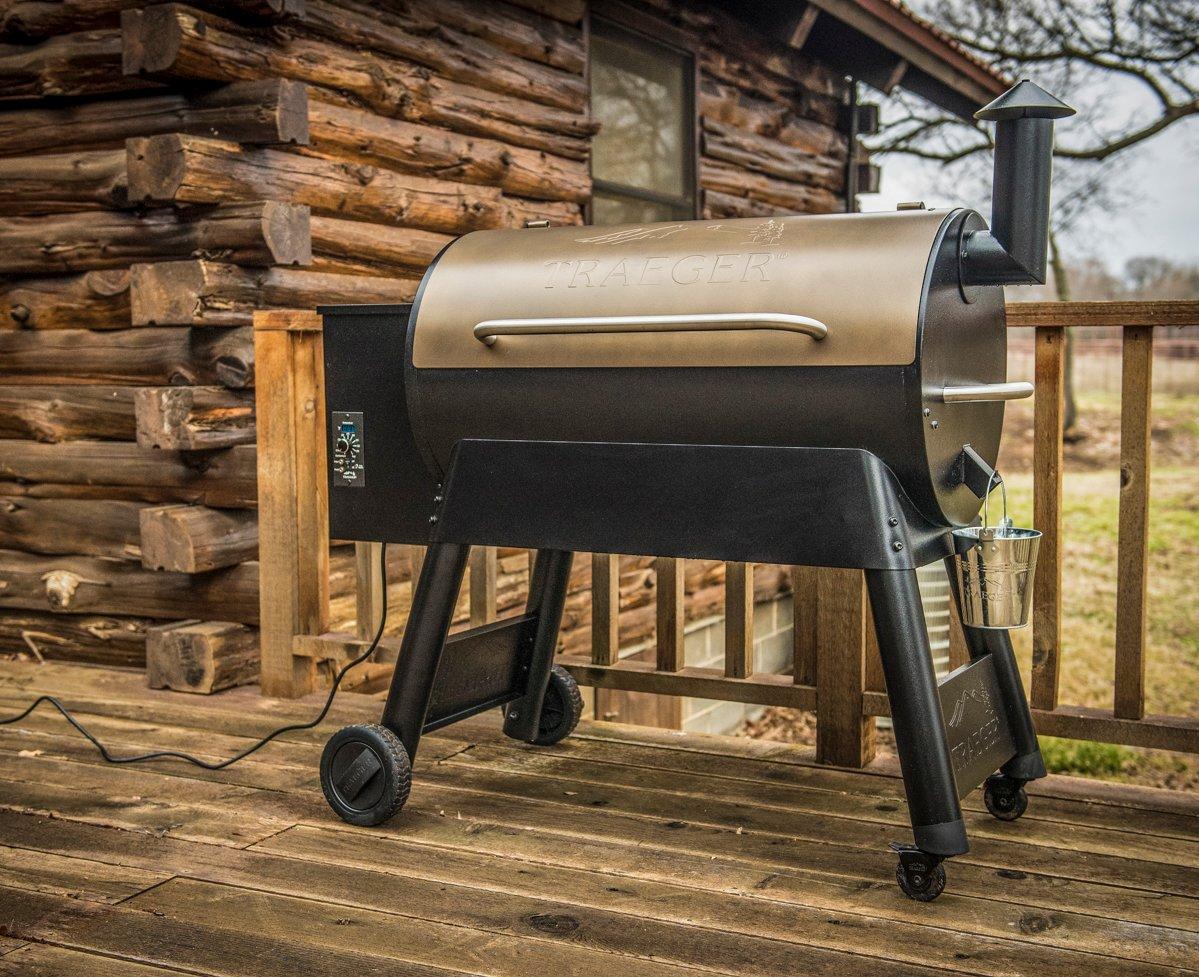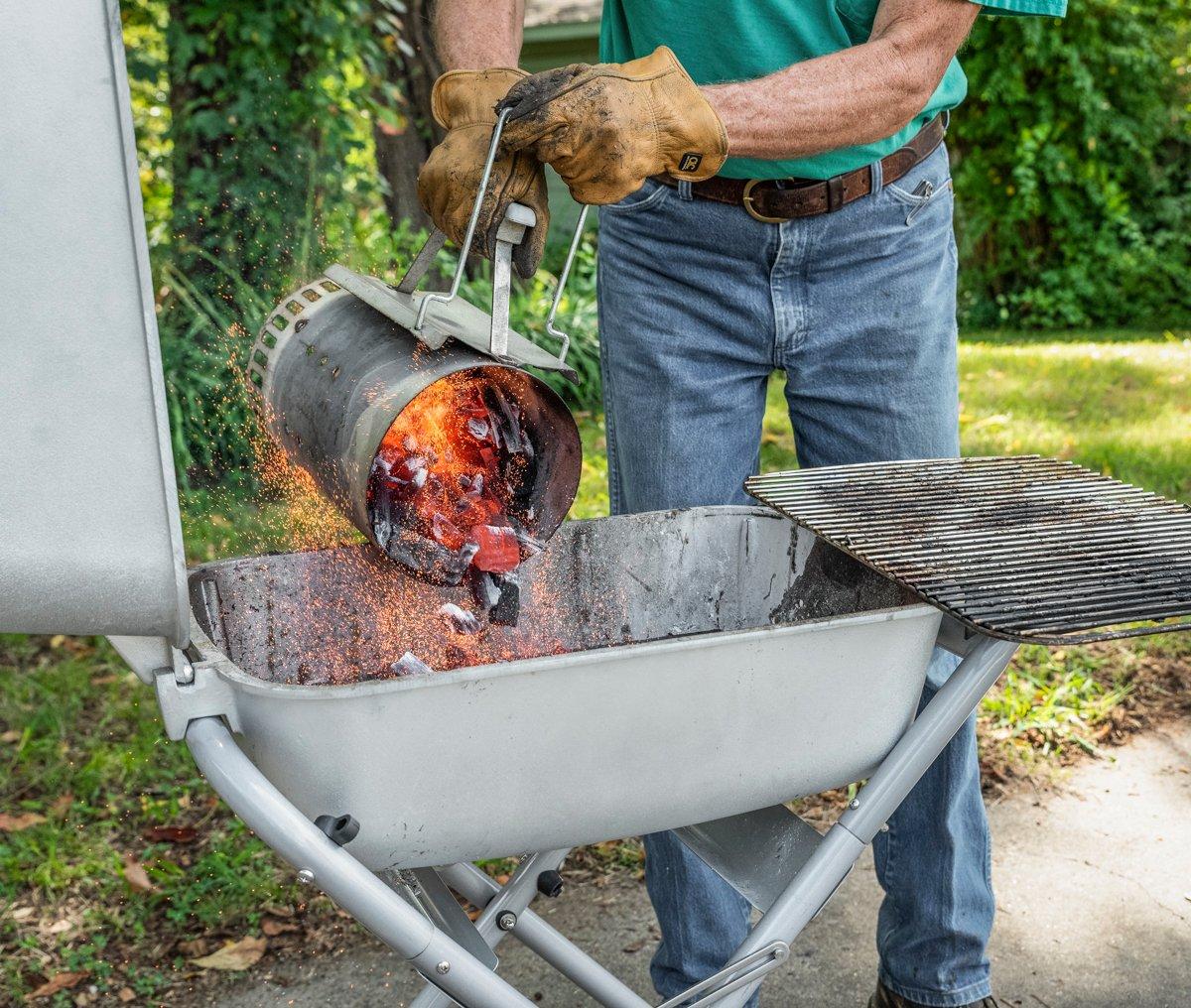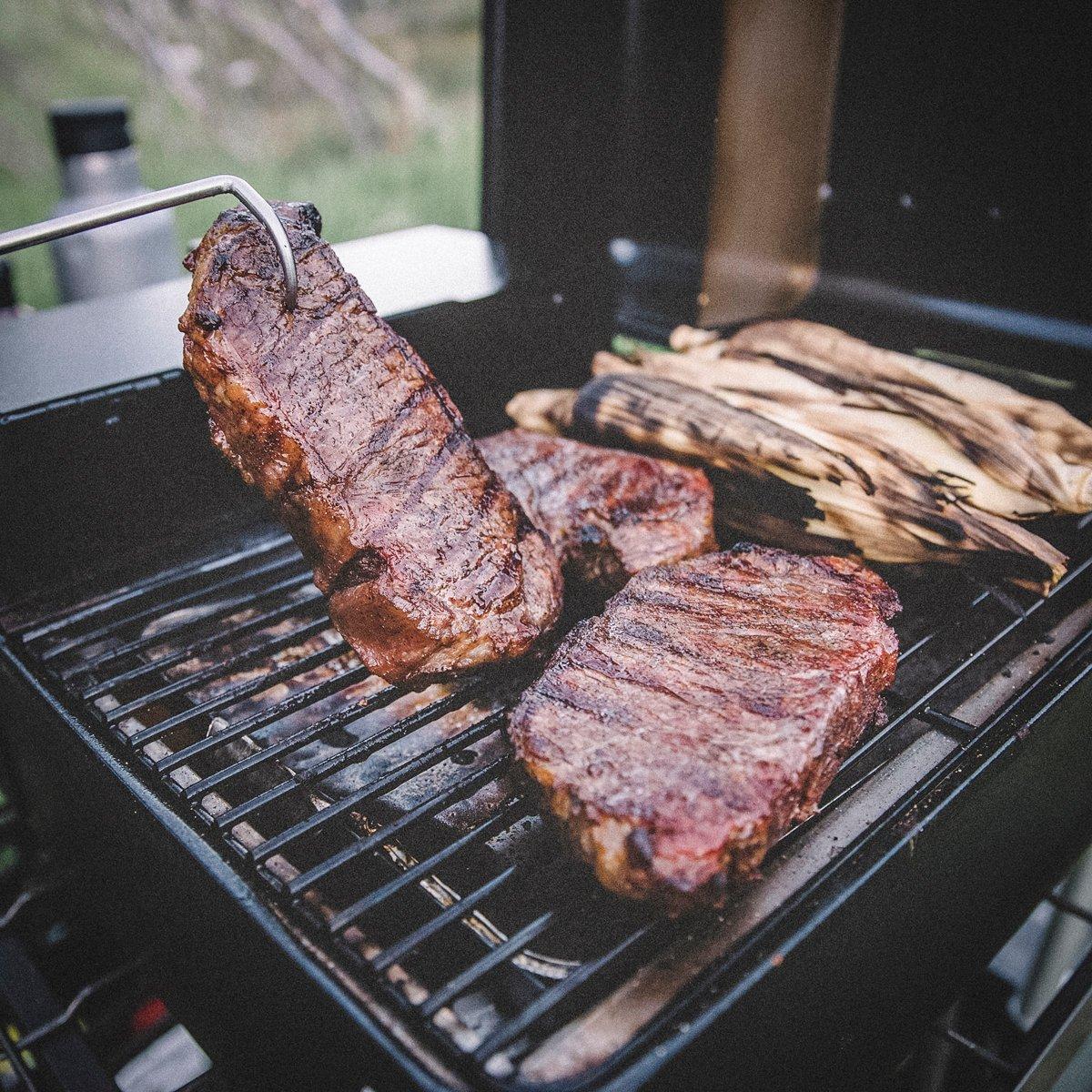What's best for your camp? Gas? Pellet? Charcoal? Our Timber2Table blogger shares his insights
It's no secret among my buddies that I require good food at deer camp. It doesn't matter if it's breakfast, lunch or dinner - a filling meal keeps everyone happy and hunting hard. But camp cooking isn't always easy. A campfire works, but it's easy to burn or undercook your food when the temperature control consists of poking the coals with a stick. And don't even think about cooking in the rain or high winds over an open flame. Camp stoves are nice, but they're small and about all you can do with one is fry things, heat water, and make coffee.
My solution? The camp grill. Fuel sources vary, but a grill is reliable for cooking a meal quickly before everyone heads to their stands and when everyone gets in from their evening hunt. Depending on your set up, you can slow smoke, sear and even bake on a grill.
Each of these grills have pros and cons. It's just a matter of which is best for your deer camp.
Pellet Grills
Pros: Pellets are easily the most versatile of the three fuel types. This grill feeds compressed wood pellets from a large hopper into a small burn chamber, via an auger. The speed of the auger controls how many pellets are fed at once, and a fan controls how much air moves over those pellets. This allows the grill to hold a steady temperature in the desired range.
With its oven-style temperature control, you can turn down the heat on a pellet grill to slow-smoke meats all day. Or turn up the temp to quickly sear a hamburger or backstrap. You can even set the dial somewhere in the middle to bake, a feature that's perfect for morning cinnamon rolls or an after-dinner cobbler. Although it's a close toss-up with charcoal, pellet grills also give the best wood-fired flavor to your meals.
Cons: Pellet grills need electricity. If you don't have an electrical outlet at your deer camp, you'll have to provide some other source of power. Luckily, the new line of Traeger Grills features a motor that runs on DC current and uses less amperage to run than comparable grills. That means you can cook on a large Traeger with a small generator, or even an inverter, at camp.
Pellet grills are also heavy. My Traeger Timberline 850 weighs a hair over 200 pounds, making loading and unloading it a chore. If you don't need the cooking space of a full-sized pellet grill, check out the smaller Traeger Ranger Portable. Weighing in at just 60 pounds, the Ranger takes up as much room as a small suitcase. I brought one on a New Mexico mule deer hunt last fall and fed a camp of three hearty eaters for a week without a problem.
Charcoal Grills
Pros: Everyone loves this old reliable. Easily the most portable of the three, the charcoal grill can still feed a crowd without a lot of extra weight. My PKGrill is made of rustproof cast aluminum, can easily be set up for direct or indirect cooking, and weighs less than 50 pounds, making it pretty portable.
Charcoal grills don't require anything to operate other than a pile of coals and a lighter or a match, so they're perfect for rustic camps. You can light the entire pile of coals at once for hot-and-fast cooking, or light one corner of the coals, toss a few handfuls of wood chips on for smoke flavor, and let the grill slow-cook a large roast or rack of ribs.
Cons: Charcoal grills don't do well in the rain, so it's best to cook under shelter. They require a little extra work to maintain a constant cooking temperature over a long period, which means they're less suitable for baking or low-and-slow cooking, especially when no one is at camp to watch over the grill.
Gas Grills
Pros: Gas grills will operate under almost any conditions. While they don't offer the flavor of a pellet grill or charcoal, a hot burger or steak right off a gas grill beats the heck out of a cold hot dog and can of beans on a rainy night in deer camp. Experiment with flame location and temperature control, and you can use a gas grill to bake a passable pan of biscuits or cornbread.
Cons: The flavor created with a gas grill pales in comparison to the alternatives. If you're determined to get a whiff of wood smoke, place a tin-foil packet of wood chips directly on the burner to add some wood-fired flavor. Just keep in mind that gas grills can be also heavy and hard to move, since tanks of propane aren't the easiest cooking fuel to pack.
Don't Miss: Great Meals For Hunting Camp
Check out more stories, videos and educational how-to's on deer hunting.










